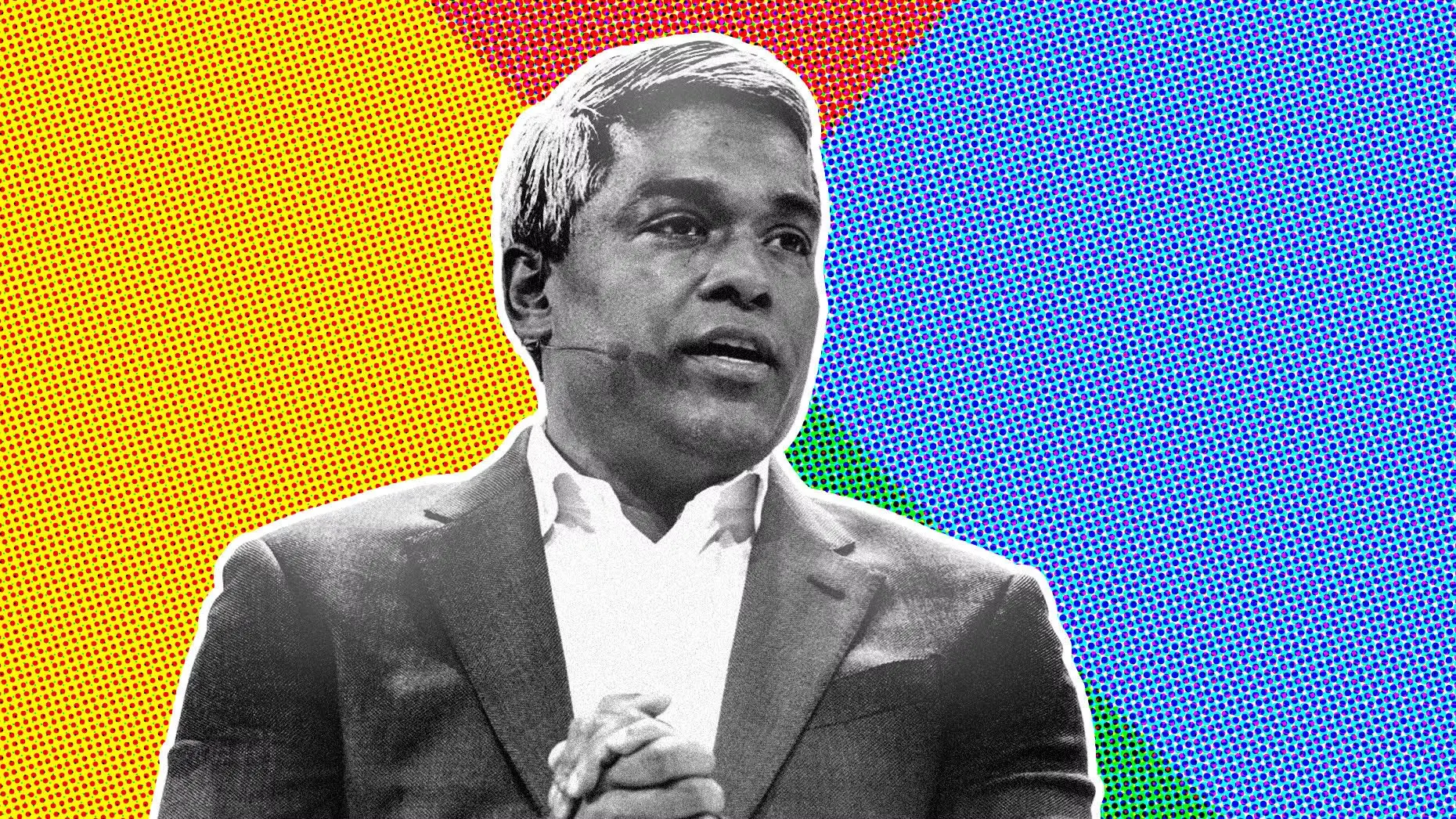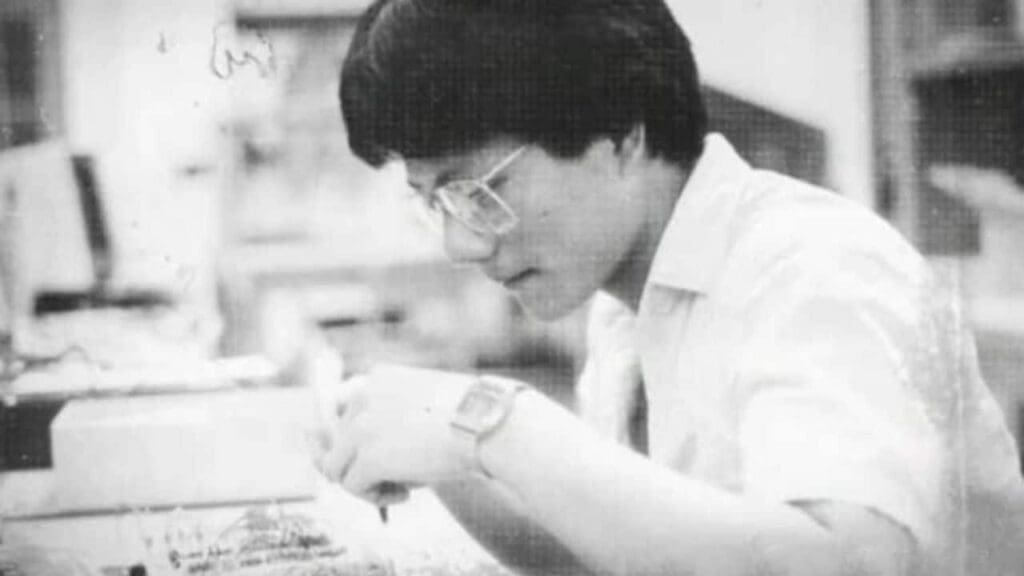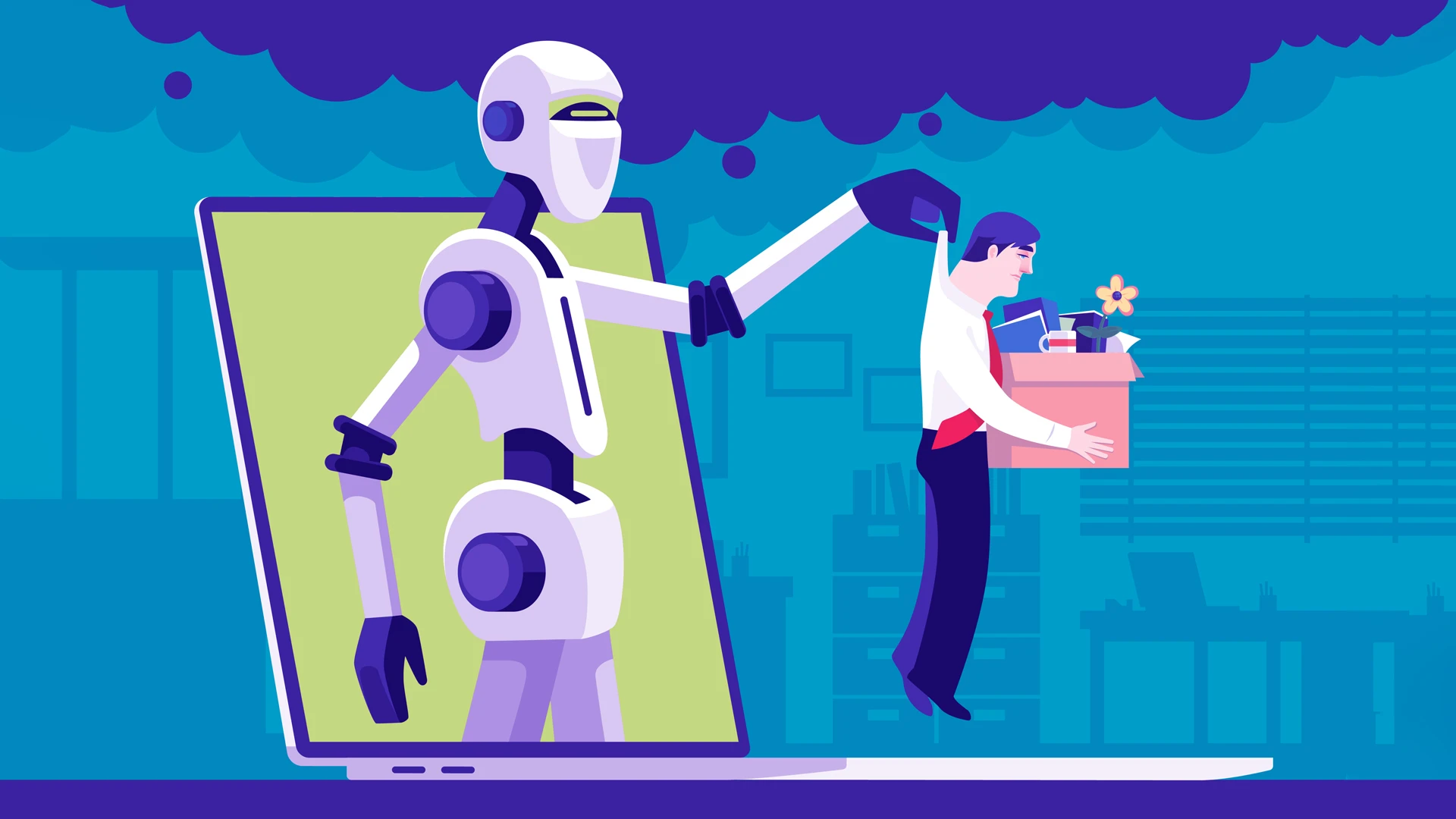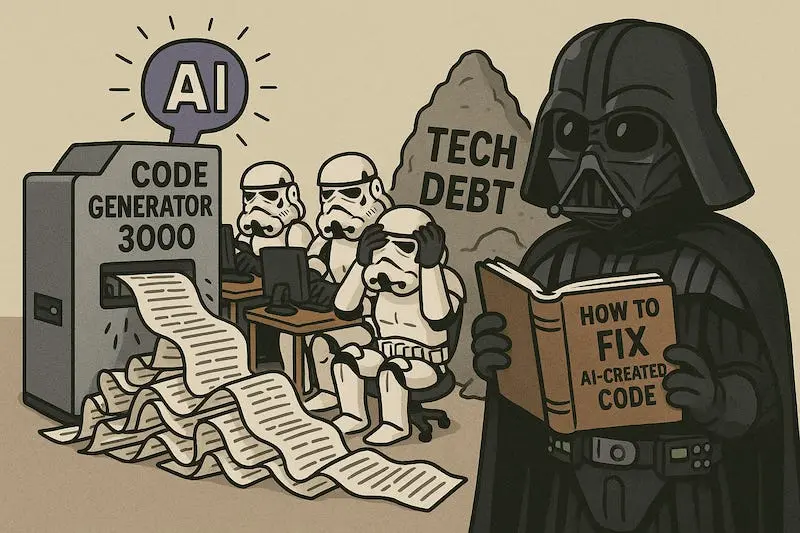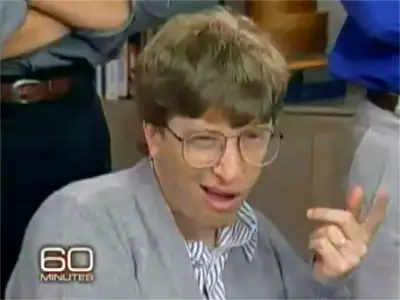
Bill Gates' 100-Year Bet: Why AI Won't Replace Programmers Anytime Soon
Bill Gates claims AI can't replace human programmers for a century, sparking debate about what makes coding uniquely human versus machine-automatable.
The man who once claimed “640K ought to be enough for anybody” is now making another bold prediction about technology limits, this time about AI’s inability to replace human programmers for a century.
The Unautomatable Craft of Programming
Bill Gates recently asserted that while AI can handle debugging automation, “actual coding is still too human” to be fully replaced, even in 100 years. This declaration comes from someone who built an empire on software and has watched AI evolution closer than most. Gates points to the unique human traits behind programming, creativity, judgment, and innovative problem-solving, that machines can’t replicate.
The irony isn’t lost on developers watching AI tools generate functional code snippets in seconds. Yet Gates insists the heart of programming isn’t syntax generation but “understanding complex issues and devising tailored answers.” It’s the difference between assembling IKEA furniture and designing the furniture itself.
Where AI Coding Tools Actually Struggle
Recent research from Cornell, MIT, Stanford, and UC Berkeley confirms Gates’ skepticism. Their paper presented at the 2025 International Conference on Machine Learning outlines why AI isn’t ready to be a “real coder.” The systems face fundamental challenges with:
- Sweeping scopes involving massive codebases
- Extended context lengths of millions of lines of code
- Higher logical complexity requiring deep understanding
- Long-horizon planning about code structure and design
Take fixing a memory safety bug as an example. As UC Berkeley professor Koushik Sen explains, engineers must determine where the error originates, often far from where it’s crashing, understand the code semantics, and potentially change entire memory management systems. Current AI tools hallucinate about root causes, offer irrelevant suggestions, or introduce subtle new problems while fixing others.
The Collaboration Conundrum
The real bottleneck isn’t code generation but human-AI collaboration. As MIT’s Armando Solar-Lezama notes, “Programming without these tools just feels primitive”, but we haven’t reached “the point where you can really collaborate with these tools the way you can with a human programmer.”
The interface problem is particularly telling. Developers spend more time crafting perfect prompts than writing code directly. As University of Notre Dame’s Shreya Kumar observes, “We’re adapting to the tool, so instead of the tool serving us, we’re serving the tool. And it is sometimes more work than just writing the code.”
The Trust Barrier in Automated Coding
Even as AI coding agents advance, the trust question looms larger. Abhik Roychoudhury from the National University of Singapore highlights the missing piece: capturing user intent. “A software engineer is doing a lot of thinking in understanding the intent of the code. This intent inference, what the program is trying to do, what the program is supposed to do, and the deviation between the two, is what helps in a lot of software engineering tasks.”
This gets to the core of why programming resists automation. It’s not about translating requirements to code but understanding why certain requirements exist, anticipating edge cases humans might encounter, and making judgment calls when specifications conflict or prove impossible.
The Workforce Reshuffle Already Underway
Gates acknowledges AI’s disruptive impact elsewhere, noting that administrative assistants and graphic designers face heavier disruption from generative AI. The World Economic Forum estimates AI could eliminate 85 million jobs worldwide by 2030 while creating 97 million new roles, a net positive that still requires massive workforce adaptation.
The programming profession appears uniquely positioned to benefit from this shift. Rather than replacing programmers, AI is becoming their copilot, handling repetitive tasks while humans focus on architecture, creativity, and complex problem-solving. The value moves from writing code to understanding what code should accomplish and why.
The 100-Year Horizon Question
Gates’ century-timescale prediction seems deliberately provocative, a challenge to AI researchers rather than a literal forecast. The same man who revolutionized computing with graphical interfaces and mouse navigation knows better than anyone how quickly technology can surprise us.
Yet his core insight remains valid: programming isn’t just about producing code but about understanding human needs, making judgment calls with incomplete information, and creating systems that serve unpredictable human purposes. These remain stubbornly human capabilities, for now.
The real question isn’t whether AI will replace programmers, but how the programming profession will evolve as AI handles more routine work. The developers who thrive will be those mastering the uniquely human skills Gates identified: creativity, judgment, and the ability to understand what problems are worth solving in the first place.
